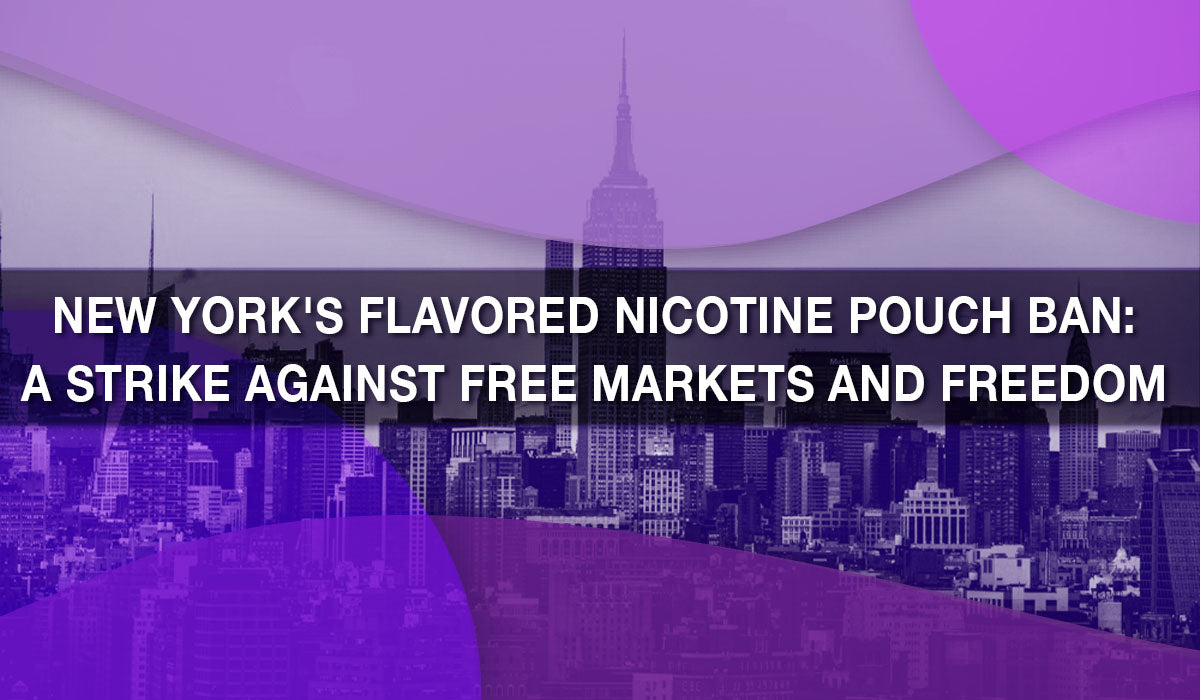
New York's Flavored Nicotine Pouch Ban: A Strike Against Free Markets and Freedom
In their ongoing crusade against nicotine adult use, New York State has emerged as a frontrunner in implementing strict regulations aimed at curbing tobacco and vapor product consumption. Senate Bill 9150, the latest addition to New York's arsenal of paternalistic and freedom stripping tobacco control measures, exemplifies this approach.
On paper, they are merely barring a vice that Michael Bloomberg funded nicotine prohibitionists and their army of lobbyists do not approve of. The implications of this attack on the free market and personal liberties extends far beyond the confines of flavored nicotine product debate.
The Collateral Damage of NY's Anti-Nicotine Crusade: Senate Bill 9150 and Beyond
Let's take a closer look at the landscape of nicotine regulation in New York:
- Tobacco/Vapor Sales Bans: Since July 1, 2020, pharmacies in New York have been prohibited from selling any tobacco or nicotine product that isn't an approved smoking cessation therapy. This measure aims to restrict access to tobacco products in environments traditionally associated with health and wellness. This works out well for pharmaceutical giants who manufacture the nicotine replacement therapies that have been thrashed from pillar to post in every comparison with vaping products.
Published in the Cochrane Database of Systemic Reviews, researchers examined 88 previous studies that included 27,235 participants they found, “High certainty evidence that e-cigarettes, which allow users to “vape” nicotine instead of smoke it, lead to better chances of quitting smoking than patches, gums, lozenges or other traditional NRT.”
For a state that ended cash bond for many crimes a half-decade and launched America’s first safe injection site for IV drug users, one must wonder what smokers and vapers have done to merit oppression and criminalization rather than taxpayer largesse and government protection.
3. Local Flavor Bans: New York City, Yonkers, and Nassau County have all enacted bans on the sale of flavored vapor products, with exceptions made only for tobacco, mint, or menthol flavors. These local ordinances further restrict consumer choice and deny adult consumers access to the flavor profiles they overwhelmingly prefer.

Lawmakers have proven especially obtuse on the subject of flavored nicotine. Tobacco flavored vapes also owe their aroma and taste to artificially added flavors. The difference is of course that artificial fruit flavors are extremely popular and found in all manner of consumer products, from hard seltzers to kombucha. To arbitrarily deem the flavors found in nicotine pouches and vapes as unacceptable is simply a de facto ban, as fauxbacco notes are wholly unsatisfactory for the majority of alternative nicotine users.
In this landscape of sweeping prohibitions and restrictions, Senate Bill 9150 emerges as the latest salvo in New York's anti-nicotine crusade. By including oral nicotine pouches in the prohibition against flavored vapor products, the bill inadvertently flies in the face of science and limits consumer access to potentially safer alternatives.
New York Flavored Nicotine Bans Undermines Market < Health and Personal Freedoms
The collateral damage of such legislation is significant. Adult smokers, seeking alternatives to combustible tobacco, are left with dwindling options in a market increasingly dominated by prohibitive regulations. Unlike the UK, whose National Health Service hosts a domain titled Using Vaping to Quit Smoking, US lawmakers and regulators seem obsessed with eliminating any competition to traditional cigarettes and smoking rate declines have stalled as a result.
Declines in smoking rates have started to stall ; if we're going to help more adults quit combustible cigarettes we have to embrace harm reduction and offer adult smokers modified risk nicotine products that don't have same risks as combusting tobacco 1/2 https://t.co/l3a1zmffqc
— Scott Gottlieb, MD (@ScottGottliebMD) February 26, 2024
Banning Flavored Alternatives Increases Cigarette Sales
While the FDA has approved hundreds of cigarettes, none of the flavors popular with adults and only a few obsolete cigalikes with outmoded technology have passed their onerous process. A process that is under increasingly legal scrutiny. The conservative 5th Circuit Court of Appeals blasted the FDAs premarket tobacco application (PMTA) process as an impossible navigate and rigged scheme.

Recent FDA commissioned studies have shown that vape flavor bans increase cigarette sales. Whether nicotine pouches, the most popular product being a Phillip Morris product Zyn, can avoid the puritanical wrath of the total nicotine abstinence crowd remains to be seen.

But there is no doubt that groups like the Orwellian-named Truth Initiative and Bloomberg cronies like Chuck Schumer have placed the destruction of the nascent nicotine pouches market high on their regulatory agenda.
Not Following the Science
For a country that was implored by the technocratic elite to “follow the science”, evolving scientific evidence has been totally ignored in the nicotine and tobacco debate. A harm reduction approach, such as the UK has embraced, has been sidelined in favor of a one-size-fits-all strategy that fails to account for the diverse needs and preferences of nicotine users combined with a dogged refusal to realize adult former smokers and chewing tobacco users might prefer products that taste of citrus or blueberries rather than fake tobacco.
As New York continues to wage war against nicotine use, policymakers must heed the lessons of unintended consequences and prioritize evidence-based solutions. Rather than relying solely on prohibitive measures, a balanced approach that protects adults, preserves consumer choice, and respects individual autonomy is essential. Only then can New York truly address the complex challenges of nicotine addiction while safeguarding public health and individual rights.
Interestingly, this strange obsession with barring adult access to alternative nicotine products has finally registered on the left as well. The attacks on nicotine pouches may have sparked a Zynsurrection, but marginalized groups are hit hardest when the nanny state controls the nicotine market to the benefit of Big Tobacco.
This is why the Center for Black Equity called on the FDA to approve a wide range of e-cigarettes to ensure Black and LGBTQIA+ Americans can access effective options.



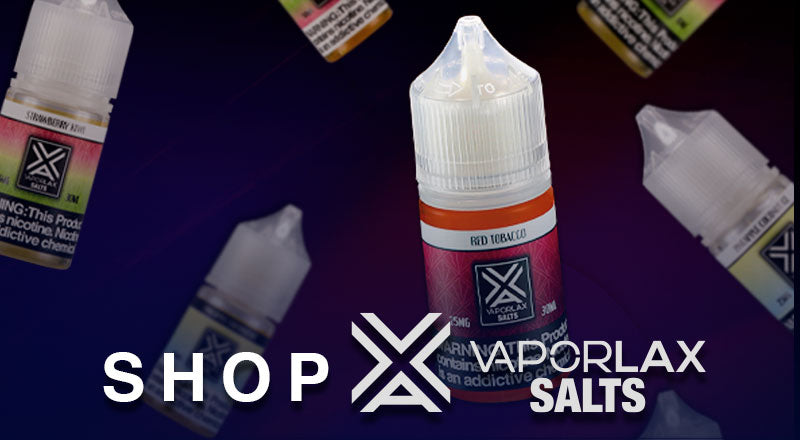
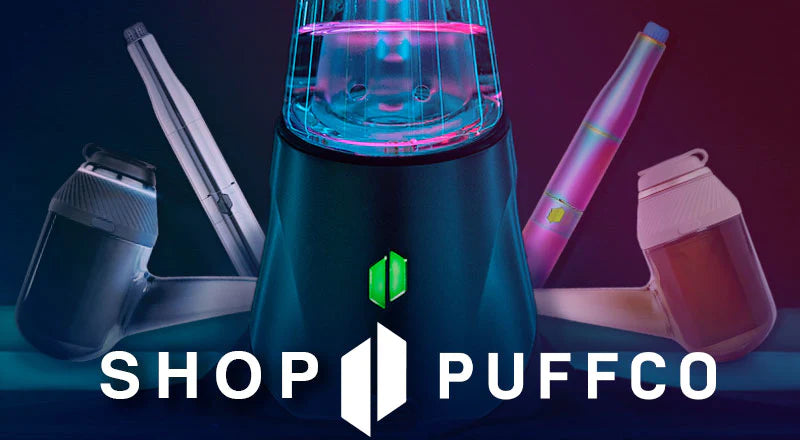
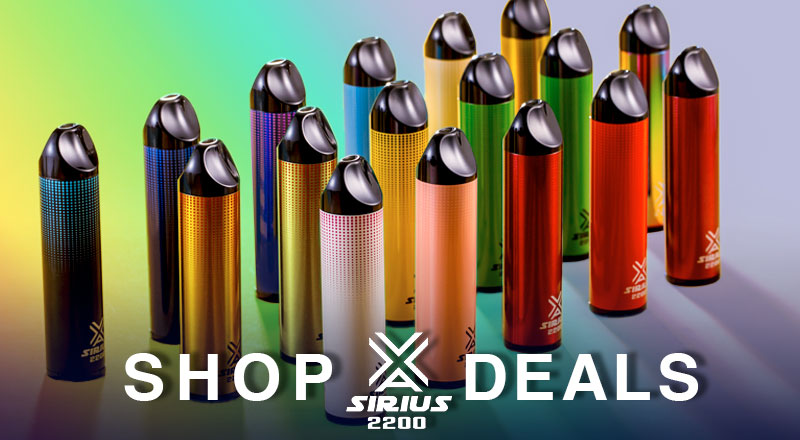



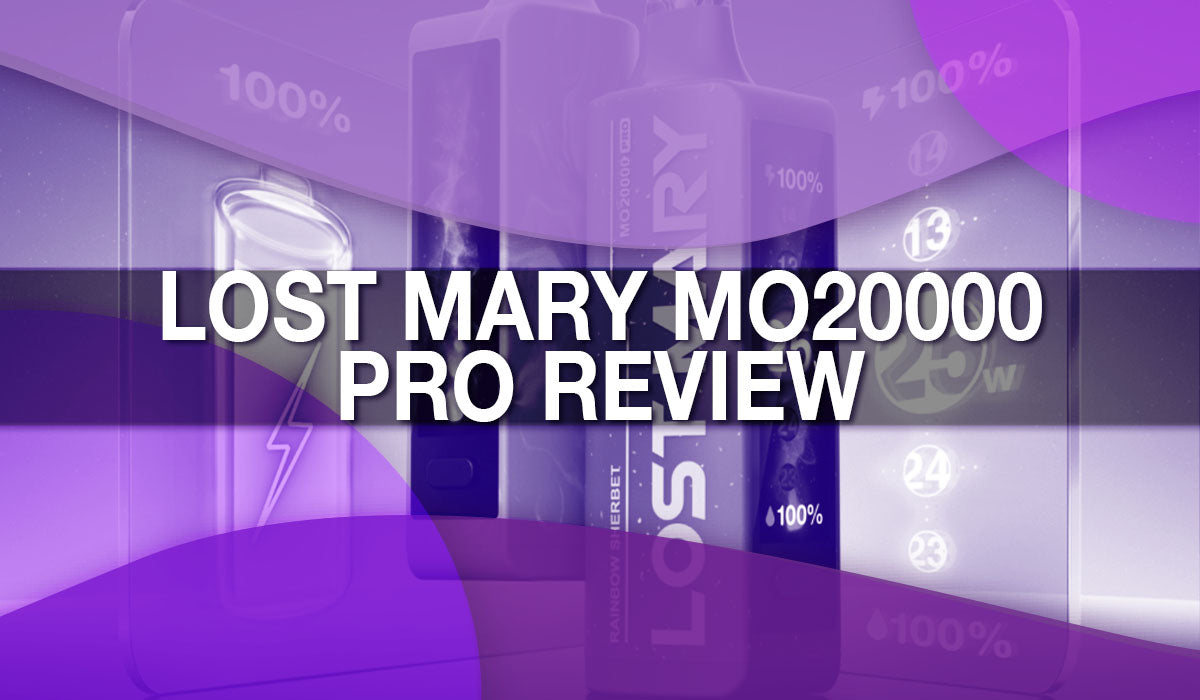
Leave a comment
This site is protected by hCaptcha and the hCaptcha Privacy Policy and Terms of Service apply.